Feeling Overwhelmed? Why You Need a Digital Detox Right Now
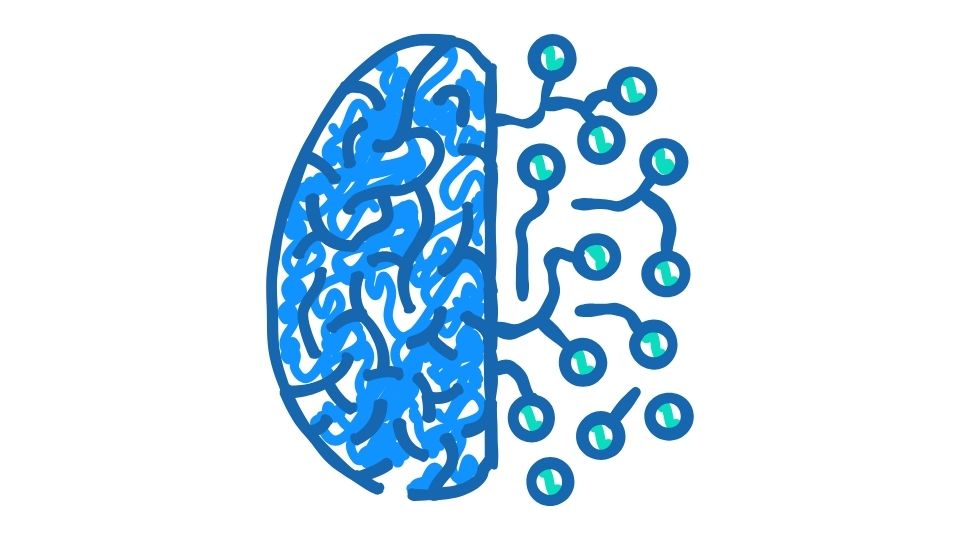
Why Your Brain Needs a Break From Screens
Let’s face it – we’re glued to our devices all day long. The average American spends over 7 hours daily staring at screens, and that doesn’t even count work time!
While our phones, laptops, and tablets have made life more convenient in countless ways, this constant digital bombardment is taking a serious toll on our mental clarity, focus, and overall wellbeing.
I’m not here to tell you to throw your phone in the ocean or live like it’s 1850. But I am going to make the case for why regular digital detoxes might be the mental health hack you didn’t know you needed.
What exactly is a digital detox?
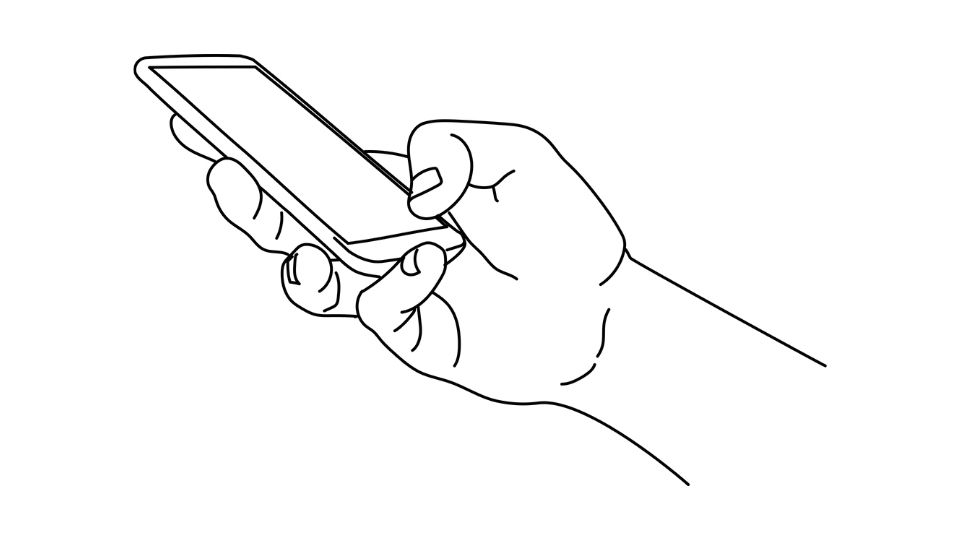
A digital detox is simply taking an intentional break from your electronic devices – whether that’s for a few hours, days, or (if you’re brave) even weeks.
Think of it as a reset button for your brain.
It’s not about permanently swearing off technology – it’s about creating a healthier relationship with it so you’re in control of your devices rather than the other way around.
Benefits that will make you want to put down your phone
Your focus will skyrocket
Ever notice how hard it is to concentrate on one task for more than a few minutes without checking your phone? That’s because constant digital stimulation has rewired our brains for distraction.
When you take a break from screens, your brain can recover from the constant task-switching and notification overload. Within just a few days of reduced screen time, many people report dramatic improvements in their ability to focus deeply on tasks.
One study found that just having your phone visible (even if it’s face down and silent) reduces your cognitive capacity – basically making you dumber just by being there. Yikes.
Sleep quality goes way up
Blue light from screens suppresses melatonin production (the hormone that helps you sleep). This is why scrolling TikTok right before bed is a terrible idea if you want quality rest.
During a digital detox, most people experience dramatically better sleep. One research study found that removing screens from your evening routine can increase melatonin levels by up to 50%.
Better sleep = better everything else in your life.
Anxiety and stress levels drop
Social media platforms are literally designed to keep us anxious, outraged, and comparing ourselves to others. It’s not your imagination – Instagram really does make you feel inadequate sometimes!
Taking regular breaks from social media has been shown to significantly reduce anxiety and depression symptoms in as little as one week.
The constant state of “alert” that our phones create (with notifications, news updates, etc.) keeps our stress hormones elevated. A digital detox allows these systems to return to baseline.
Real connections get stronger
When was the last time you had dinner with friends where nobody checked their phone?
Digital detoxes create space for genuine human connection – the kind where you actually look people in the eye and have conversations without half your brain wondering what’s happening on Twitter.
This face-to-face interaction releases oxytocin (the bonding hormone) and provides the type of social connection that research shows is crucial for mental health and longevity.
How to actually do a digital detox (without losing your mind)
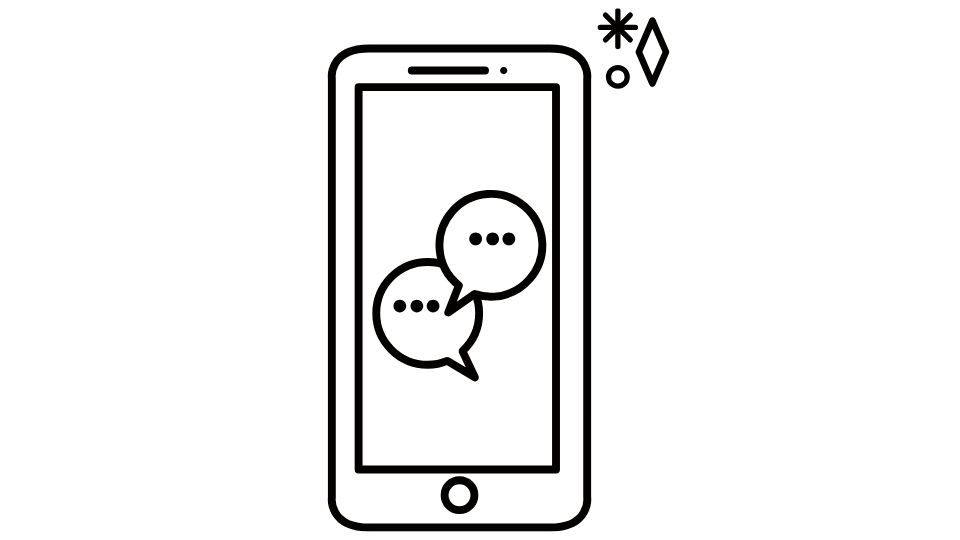
I get it – the idea of disconnecting can cause serious FOMO and anxiety. Here’s how to make it doable:
Start small (this isn’t a tattoo decision)
Don’t try to go from 24/7 screen addict to digital monk overnight. That’s setting yourself up for failure.
Try these “hat” decisions first:
- Screen-free mornings until 9am
- No phones during meals
- Social media only at specific times of day
- One screen-free day per weekend
Build up to longer periods as your comfort grows.
Replace, don’t just remove
Nature abhors a vacuum, and so does your attention span. Don’t just remove screens – intentionally replace that time with something else:
- Go for walks
- Read physical books
- Cook a new recipe
- Call a friend (yes, on the phone)
- Practice a hobby that uses your hands
Having specific replacement activities planned makes the detox much more successful.
Use tech to beat tech
Ironically, some of the best tools for digital detox are digital. Apps like Freedom can block distracting websites and apps during set times, helping you stay on track.
Your phone’s built-in screen time limits and focus modes are surprisingly effective too. Use the machines against themselves!
Make it social
Everything’s easier with accountability. Challenge your friends, family, or partner to join you. Create consequences and rewards to make it stick.
Some of my friends have “phone jails” during dinner where everyone’s device gets locked away until the meal is over.
My personal experience with digital detox
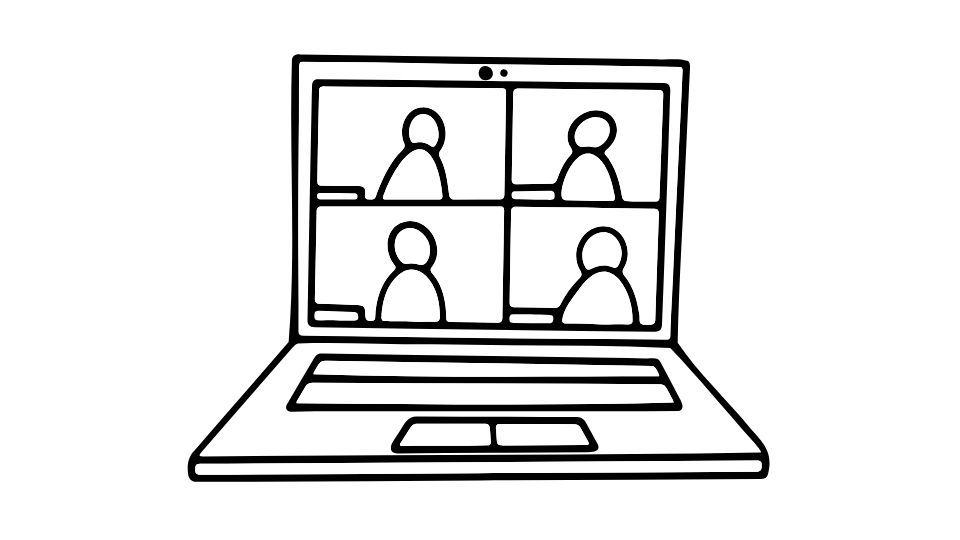
Last year, I took a full week away from social media, news sites, and recreational screen time. I still used my computer for essential work, but cut everything else.
The first two days were absolute torture – I kept reaching for my phone like a phantom limb.
But by day three, something shifted. I felt calmer. More present. I finished a book I’d been meaning to read for months. I had deeper conversations. I even felt more creative.
The most surprising benefit? Time suddenly felt abundant. Without the constant scrolling, I somehow gained hours in my day that I didn’t know I was losing.
Let’s be realistic
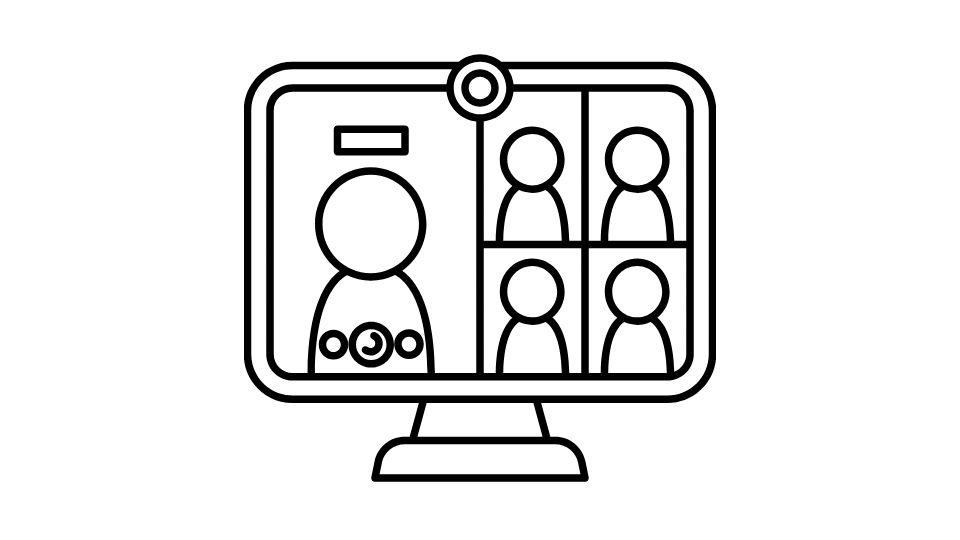
I’m not suggesting you abandon technology forever. That would be ridiculous in today’s world.
The goal isn’t digital abstinence – it’s digital mindfulness.
Regular, intentional breaks from screens give your brain the recovery time it needs to function at its best. Think of it like sleep or exercise for your mind – something that should be part of your regular wellness routine.
In our hyperconnected world, the ability to disconnect might just be the ultimate superpower. And unlike other wellness trends that require expensive equipment or subscriptions, this one is completely free.
So, when was the last time you gave your brain a break from the digital world? Maybe it’s time to find out what happens when you do.
